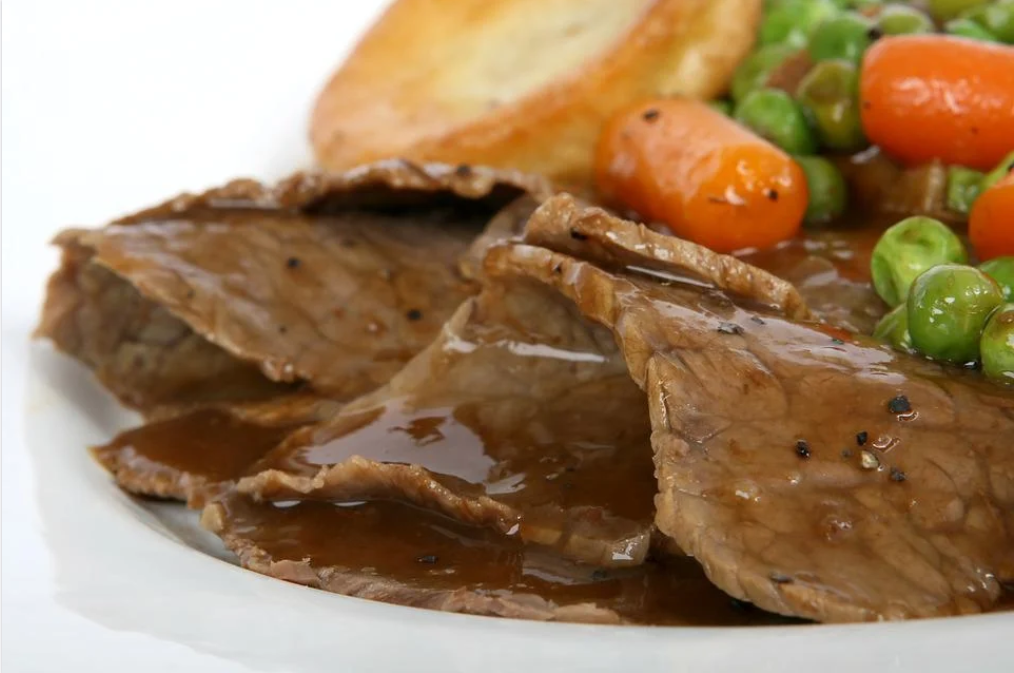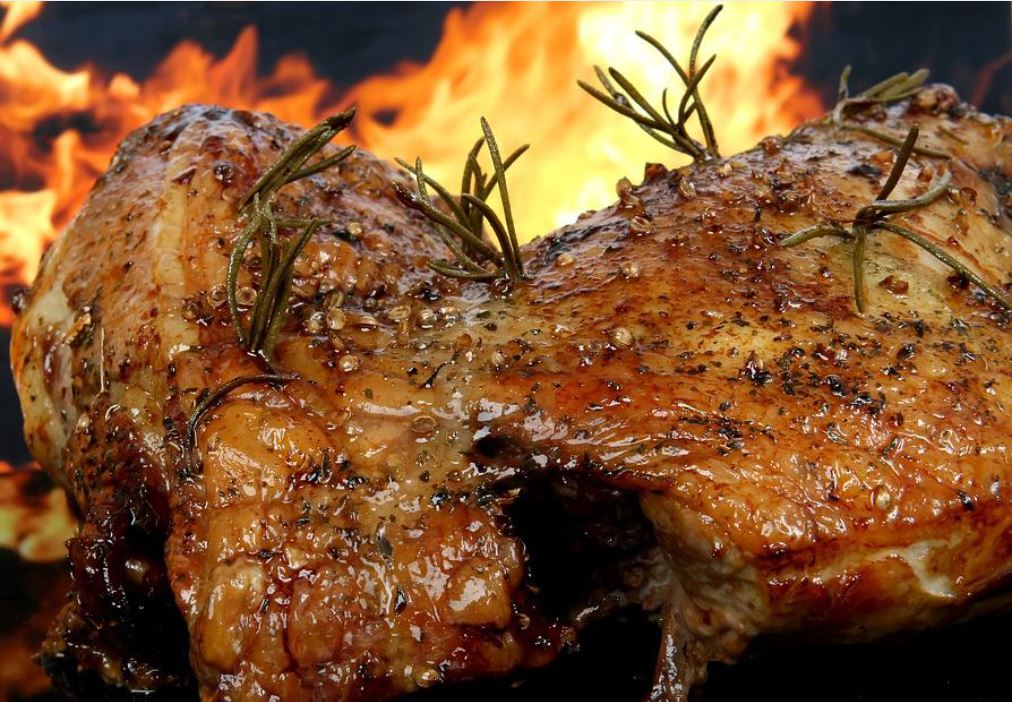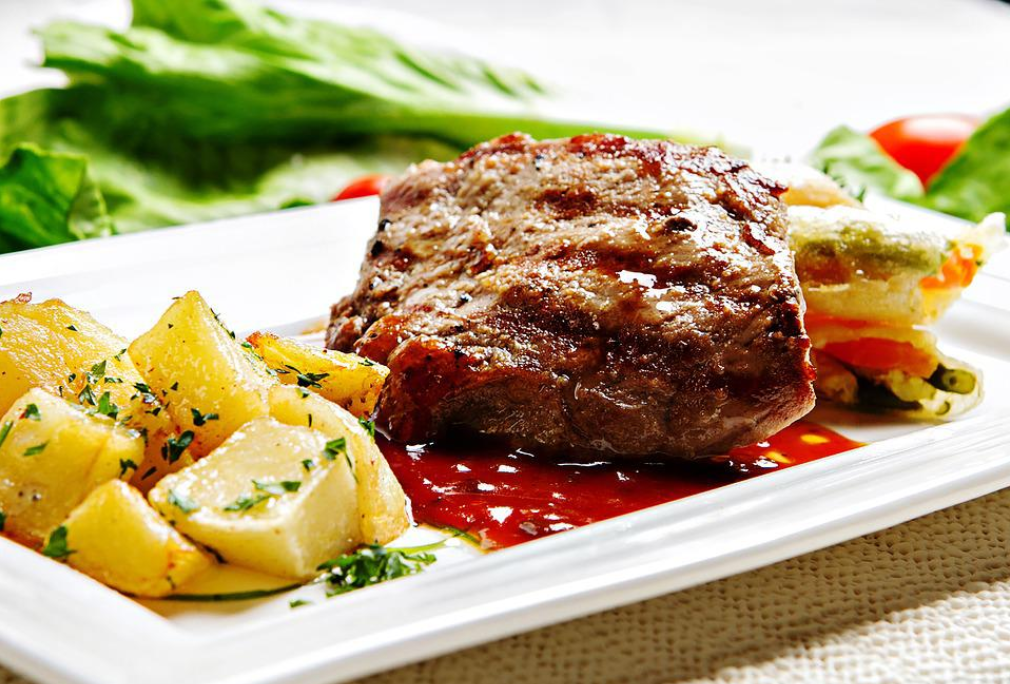How long does beef jerky take to digest? This is a question that many people have asked, and it is a valid one. After all, beef jerky is not the most common food item, so people are curious about how long it will take for their bodies to break it down. In this blog post, we will provide some insights and additional information about beef jerky digestion.
The answer depends on a few different factors, including the type of beef jerky, how much you eat, and your metabolism. In general, however, most people can expect to digest beef jerky within 3-4 hours. Beef jerky is made from lean cuts of meat that have been trimmed out of fat and sinew. This makes it a relatively low-fat food, which can help it to be digested more quickly. The process of dehydration also removes some water content from the meat, making it easier for your body to break down.
The amount of beef jerky you eat can also affect how long it takes to digest. If you eat a large amount of beef jerky in one sitting, it’s going to take longer to digest than if you eat a small amount. And if you have a slow metabolism, it’s going to take longer for your body to break down the beef jerky than if you have a fast metabolism.

Tips For Eating Beef Jerky
If you’re looking to enjoy beef jerky without any digestive issues, there are a few things you can do:
Limit How Much You Eat In One Sitting.
If you’re looking to lose weight, you may want to limit how much you eat in one sitting. Studies have shown that people who eat larger meals are more likely to gain weight than those who eat smaller meals. One reason for this is that it takes the body longer to digest a large meal. This means that you’ll be feeling full for a longer period, which can lead to overeating. Another reason is that large meals tend to be high in calories, which can add up over time. So if you’re trying to slim down, it’s best to stick to smaller portions. You can still enjoy your favorite foods, but you may want to save them for special occasions.
Other Interesting Read: How Is Beef Jerky Good For Weight Loss?
Choose A Leaner Cut Of Meat.
When it comes to choosing a leaner cut of meat, beef jerky is a great option. Not only is it low in fat and calories, but it is also high in protein and packed with flavor. Plus, beef jerky is easy to find and relatively inexpensive.
There are a few things to keep in mind when selecting beef jerky. First, choose a brand that uses lean cuts of meat, such as sirloin or flank steak. Second, look for a product that is minimally processed and does not contain any added sugars or preservatives. Finally, choose beef jerky that is naturally dry-cured or salt-cured, as these methods can help to reduce the risk of bacteria growth.
Dehydrate The Meat Properly.
Removing the water content from the beef jerky makes it easier for your body to break down. If you’re thinking about making your own beef jerky, there are a few things you need to know in order to dehydrate the meat properly. First, it’s important to choose the right cut of meat. The best cuts of beef for jerky are lean and have little fat content. These include the flank steak, sirloin tip, eye of round, and top round. You’ll want to trim away any visible fat before slicing the meat into thin strips.
Next, you’ll need to decide what kind of marinade you want to use. There are many recipes available online or in cookbooks. Some popular marinades include soy sauce, Worcestershire sauce, garlic, onion, black pepper, and cayenne pepper. Once you’ve chosen a recipe, simply whisk the ingredients together and pour them over the meat strips. Be sure to coat the meat evenly and then let it sit for at least four hours (or overnight) so that the flavors can really soak in.
Chew Thoroughly.
The more you chew, the smaller the pieces of beef jerky will be, and the easier they’ll be to digest. When eating beef jerky, it is important to chew thoroughly. While it may be tempting to just wolf it down, chewing thoroughly will help you to avoid indigestion and other problems. The process of breaking down food begins in the mouth, so by taking the time to chew your food properly, you’ll be helping your body to digest it more effectively. In addition, chewing thoroughly will also help to prevent choking.
Also Read: Can You Eat Beef Jerky While Pregnant
Eat With Other Foods.
Pairing beef jerky with other foods can help to slow down the digestive process and prevent any issues. When it comes to snacking, beef jerky is a popular option. It’s a high-protein, low-fat food that can be a great source of energy. However, beef jerky is also very dry food, and eating it by itself can lead to dehydration. That’s why it’s important to eat beef jerky with other foods. Pairing it with fruits or vegetables can help to increase your water intake, and eating it with crackers or bread can help to offset the drying effect.
Know Your Metabolism.
If you have a slow metabolism, it’s going to take longer for your body to digest the beef jerky. Eating beef jerky can help to increase your metabolism. The high protein content of beef jerky helps to boost metabolism and reduce hunger, making it an ideal snack for those looking to lose weight. In addition, the healthy fats in beef jerky help to promote a healthy metabolism by providing energy and preventing the storage of excess fat. As a result, beef jerky can be a helpful tool for those wanting to know their metabolism.

Read More: How Is Beef Jerky Good For Weight Loss?
Recipes For Beef Jerky
First, it is important to choose the right cut of meat. The best cuts of beef for jerky are lean and have little fat content. These include the flank steak, sirloin tip, eye of round, and top round. You will want to trim away any visible fat before slicing the meat into thin strips.
Next, you will need to decide what kind of marinade you want to use. There are many recipes available online or in cookbooks. Some popular marinades include soy sauce, Worcestershire sauce, garlic, onion, black pepper, and cayenne pepper. Once you’ve chosen a recipe, simply whisk the ingredients together and pour them over the meat strips. Be sure to coat the meat evenly and then let it sit for at least four hours (or overnight) so that the flavors can really soak in.
After the beef has been marinated, it’s time to start dehydrating. There are several ways to do this, but the most common method is to use a food dehydrator. If you don’t have a dehydrator, you can also oven-dry the beef jerky or air-dry it.
Dehydrating times will vary depending on how thick the meat strips are, as well as how much fat they contain. In general, it will take anywhere from four to eight hours to dehydrate beef jerky. Once the jerky is dry, it’s important to store it in an airtight container so that it doesn’t spoil. Jerky can be stored at room temperature for up to two weeks, or in the fridge for up to six months.

